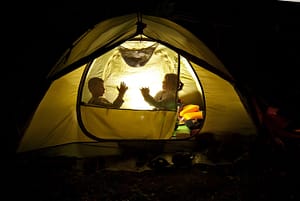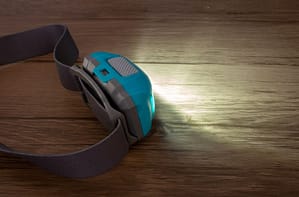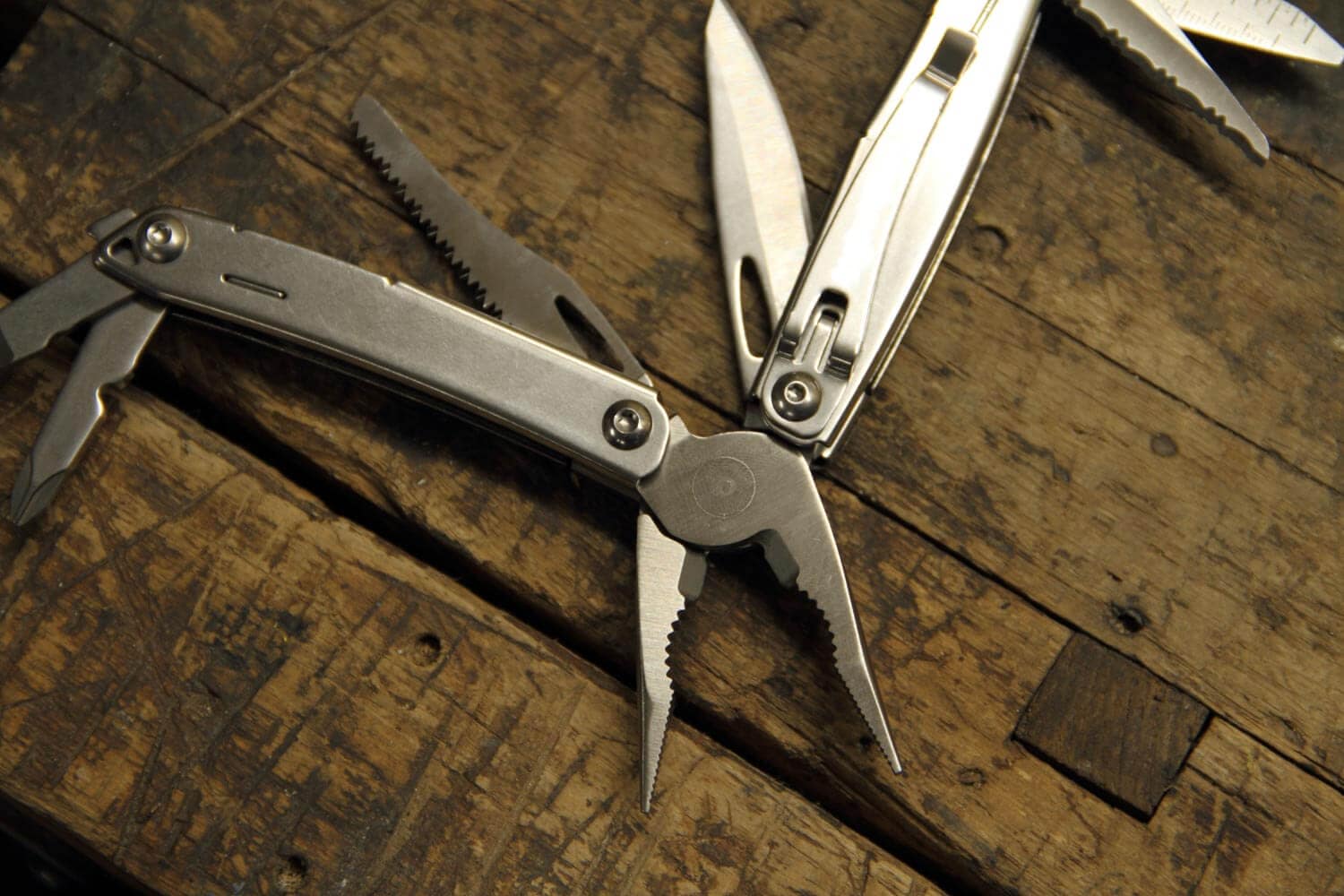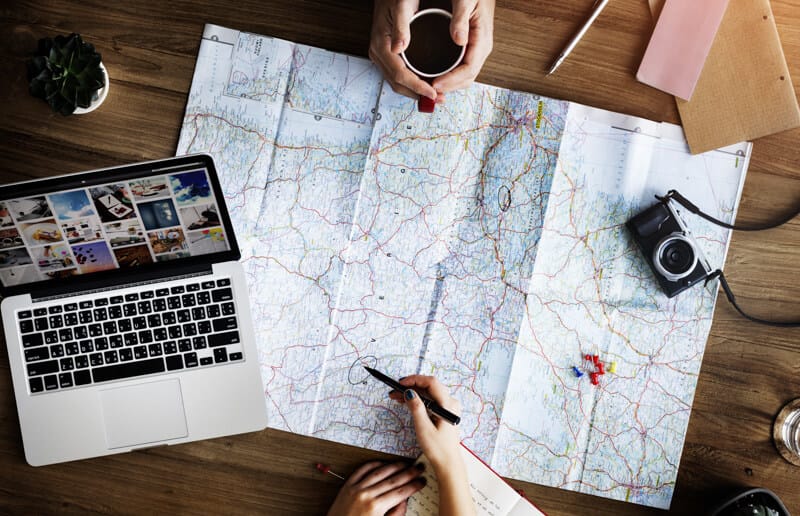Spending a night in the great outdoors bathed in starlight is a magical experience. But as any seasoned camper will tell you, if you don’t have the right camping gear, what could have been an idyllic experience can quickly turn into a nightmare. No one wants to be cold, hungry, or otherwise unprepared when they’re out backpacking or on a family camping trip.
Whether you’re new to camping or a seasoned pro, it’s helpful to go over a quick camping checklist to make sure that you’re not forgetting anything important. Our list will answer the question, “what should you not forget when camping?” so you create the type of memories you’re hoping for.
What Are the 10 Camping Essentials?
The list of everything you should consider taking with you on a camping trip is quite long. Instead of bombarding you with a list of the 25+ things I like to take camping, I’m going to go over the 10 must-haves. I’ll then share a few nice-to-have items to make your time outdoors even more enjoyable.
1. A Tent

2. Sleeping Bags
Sleeping bags are a must for a warm and cozy evening. Be sure to check your bag’s temperature rating and the low temperature where you’ll be staying. The mountains in Colorado are much cooler than in the city, so you want to be prepared. Additionally, consider sleeping pads if you have them. Another good option to protect from stray rocks and pinecones is an inflatable mattress.
3. First Aid Kit

4. A Shovel and Toilet Paper
If you’re an avid outdoors person, you’re probably familiar with the Seven Principles of Leave No Trace. One of the principles is to dispose of your waste properly. Human waste that isn’t properly handled isn’t only gross, but it’s also dangerous for the health of other people and wildlife. This is why you should always bring a small shovel with you when camping, just in case there’s no bathroom on site. Also, bring toilet paper—but pack it out in a trash bag, don’t leave it lying around.
5. Lantern, Headlamp, or Flashlight

6. Plenty of Water and Food
The easiest way to stay hydrated during your outdoor adventures is to bring lots of water with you. You can always get disposable gallon jugs, but I recommend instead bringing along one or more of the 5-gallon containers that you sometimes see at sports games. These are reusable, and if you use ice, can provide refreshingly cool water for your whole weekend.
And alongside water, don’t forget about food. Even if you plan on hunting and gathering some goodies, it’s still a good idea to bring enough food to feed everyone for the duration of your trip.
7. Sunscreen, Bug Repellant, Soap, and Wipes
While you shouldn’t need a giant bag of personal care items, some of these fall under the camping essentials category. I recommend bringing baby wipes, sunscreen, bug repellant, and soap. Just be sure to bring biodegradable soap like Dr. Bronners so you aren’t harming the critters and plants around you.
8. A Multi-Purpose Knife

Not sure what knife to bring? This knife guide by Outdoor Revival can help.
9. A Fire Starter
Few of us have the skills to show up in nature and just make a fire. Even having matches or a lighter may not be enough, depending on what’s around you and how damp everything is. We recommend bringing a fire starter with you. Simply go to any local store that carries camping supplies, or order some fire starters online. But don’t forget your lighter or waterproof matches!
10. A Form of Navigation

Final Thoughts for Making Camping Enjoyable
When you bring the camping essentials outlined above, you should be pretty prepared for a good time. However, just the basics aren’t sufficient for a super comfortable experience. We also recommend a shade structure, camp chairs, and a hammock for a more comfortable trip.
If the thought of getting all of the supplies for a camping trip overwhelms you, know that you’re not alone. Unless you’re a regular camper, prepping for a weekend in nature can be expensive and time-consuming. For a more luxurious—and much easier—experience, consider visiting our Royal George Cabins glampsites or cabins. We’ll make sure that you’re comfortable and help you plan your visit to the beautiful Pikes Peak region.